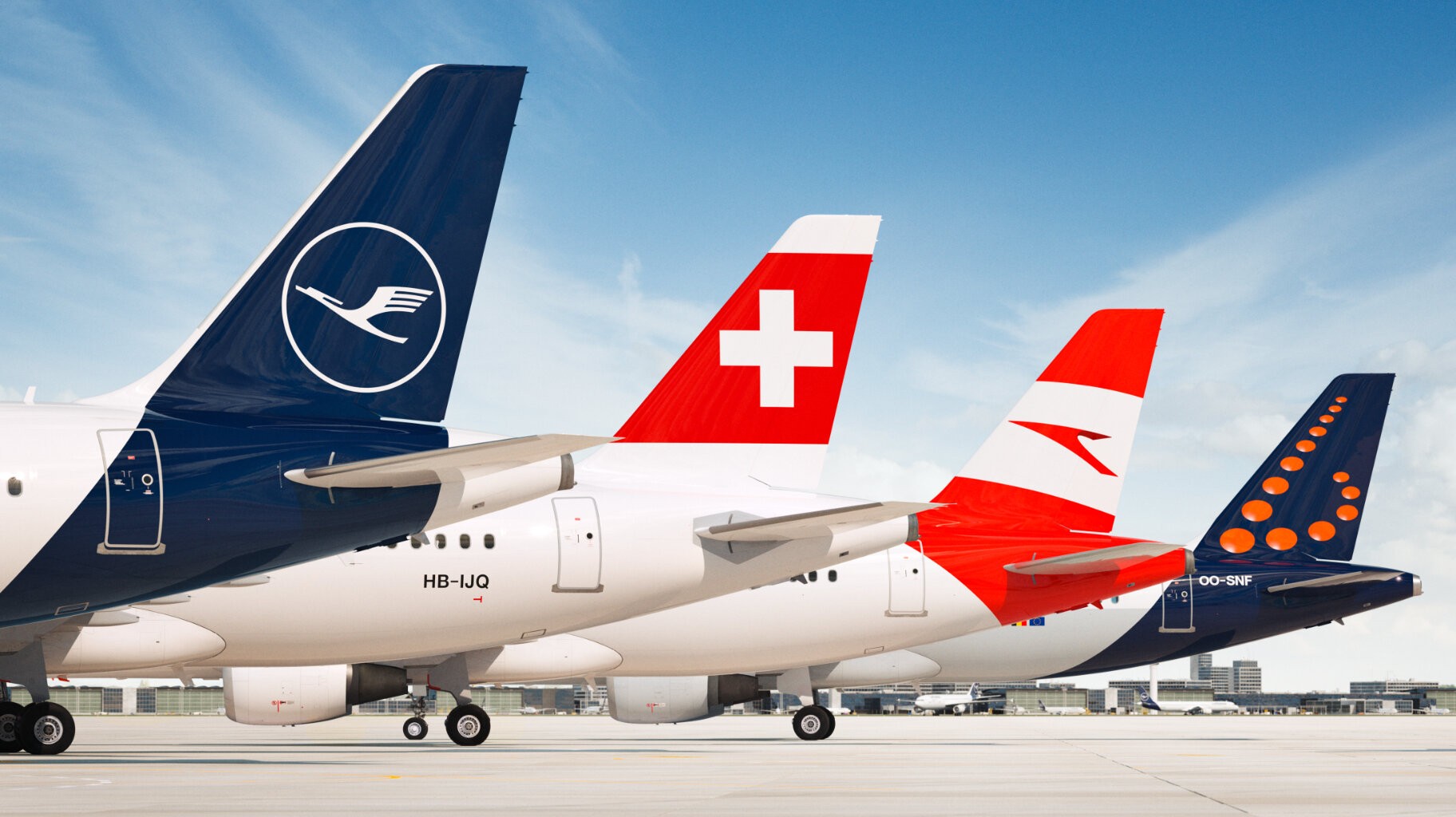Airlines have survived the nightmarish 2020 for them, adapted to the pandemic conditions of 2021 and are now confidently looking ahead. Despite the emergence and spread of the still poorly researched version of Omicron, which has caused fear among some governments and led to new restrictive measures, investors are betting that the recovery of the global aviation market will continue.
A sure sign of this came last month from the air show in Dubai, according to Reuters. At the exhibition, Air Lease Corp. CEO Stephen Udvar-Hazi and several other companies led by Indigo Partners founder Bill Frankie ordered a total of more than 300 aircraft.
Compared to previous years, the deals are not impressive, but given the collapse of the industry in the last 18 months, they outline a new trend – the global airline business is returning. However, one element remains the same: the duel between Airbus and Boeing is doomed to continue.
It was shown by a series of orders last week. Singapore Airlines announced on Wednesday that it intends to replace its aging fleet of Boeing cargo planes with Airbus’ new A350s, which feature a lightweight design. With this deal, the European company is on its way to seriously enter the air cargo sector, which until recently was dominated entirely by Boeing.
At the same time, the Australian Qantas announced that it will continue to rely on Airbus aircraft for its domestic flights, and the Air France-KLM consortium is facing a major deal with the European aircraft manufacturer.
Qantas has ordered 20 A321XLRs and 20 A220-300s with the option of 94 more in the future. The deal rose Airbus shares by 3 percent in a matter of hours. “KLM” is on its way to guarantee several dozen A321 aircraft.
The pandemic and climate have changed the business plans of aircraft manufacturers and airlines, and the trend is now increased demand for smaller and greener models at the expense of heavy machinery designed to carry many passengers.
Last week also marked the end of an era after Airbus delivered the last ordered A380 to the Emirates, closing a page in the history of civil flight. Although impressive in terms of capabilities and characteristics, the A380 super jumbo failed to realize its commercial potential and out of the planned over 1,000, only 272 aircraft were produced and delivered. It will continue to fly for a long time, but it will not leave the assembly line again.
“Airlines are increasingly thinking about their long-term plans, and especially about the environmental and social consequences and good governance,” Reuters quoted Rob Morris, head of Ascend. “Everyone is saying to themselves, ‘If I don’t think about rebuilding the flotilla now, I’ll be behind,'” he added.
Both Airbus and Boeing sold out everything by the middle of the decade, with a focus on mid-range aircraft, but the boom in pre-pandemic deals is unlikely to return any time soon. However, as years pass from the order to the actual delivery of the aircraft, the airlines can now make plans for the second half of the decade. “This is a market for buyers and a great time for them to take advantage of the situation,” said aviation consultant Brendan Sobie.
Despite the uncertainty caused by the still untamed pandemic, the orders of Airbus and Boeing for the first 11 months of 2021 reached a total of 1439 aircraft, which is three times more than in 2020. The growth is largely due to the fact that Boeing’s 737 MAX was again allowed to fly after a long ban caused by two fatal crashes.
Whether investors betting on new aircraft will be right depends on many factors. Among them are travel opportunities in 2022, the impact of Omicron, strict border controls, especially by China, and others, analysts say. According to Eamonn Brennan, CEO of Eurocontrol, any delay in opening the Chinese market beyond the last quarter of next year will hit the recovery of the aviation sector hard.
It also depends on the implementation of the required environmental objectives. New aircraft models reduce emissions by about 15 percent compared to previous ones, and the sector as a whole plans to reach net zero emissions by 2050. In the short term, however, the industry is forced to rely on energy producers to supply cleaner fuel.

